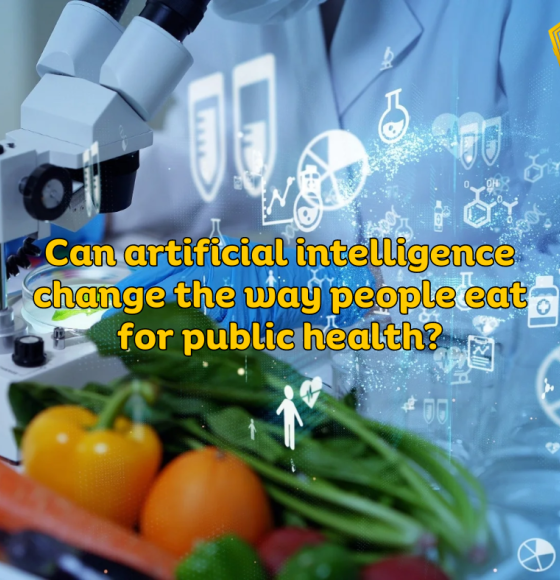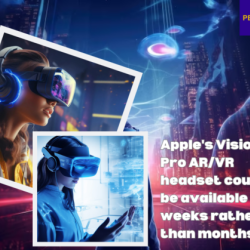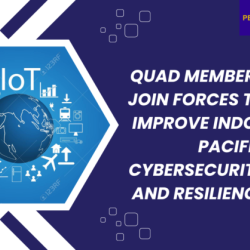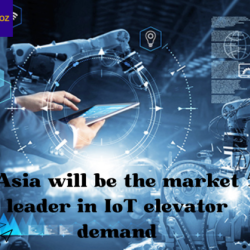Public health research examines a wide range of issues, including the impact of governmental actions like taxing soda and providing subsidies for nutrient-dense foods as well as how factors like climate change and the state of the economy affect people’s access to and choice of food.
A vast range of human undertakings and societal sectors have been penetrated and revolutionized as a result of machine learning-based algorithms and exponential advances in computing power. Machine learning can allow a computer system to develop an algorithm that converts input data into a certain output based on training data.
Application of artificial intelligence to nutrition and public welfare:
Compared to individual-level nutritional research, public welfare and nutrition take the lead in the broader disciplines of wellness and illness prevention.
The latter delves deeper into the subtleties of dietary needs, metabolism, and inheritance at the level of the individual. Instead of focusing on individual dietary requirements and genetic predispositions, public welfare and nutrition seek to understand and influence the eating behaviors of entire populations.
The benefits of AI for public health and nutrition are being realized in a variety of cutting-edge ways. Artificial intelligence models have been beneficial in visualizing and evaluating food environments and identifying “food deserts,” which are areas with a dearth of nutrient-dense foods.
To improve public welfare and nutritional interventions, AI enables tools to gather and evaluate enormous volumes of data, including satellite photos of agricultural areas and online discussions about food habits.
Use of artificial intelligence has its limitations:
Bias is another important concern; as the accuracy of machine learning algorithms depends on the training data, any bias in the training dataset may provide biased results, escalating already-existing health inequities.
While machine learning and artificial intelligence models are effective modeling tools, applying insufficiently rigorous and well-considered modeling techniques might result in inaccurate conclusions as well as ethical and bias issues.
The community must take advantage of AI’s advantages and develop creative solutions to lessen any potential drawbacks. It is a period of collaboration between innovation and healthcare, and by working together, it is possible to ensure that artificial intelligence will be a tool for global improvement in nutritional health.

















